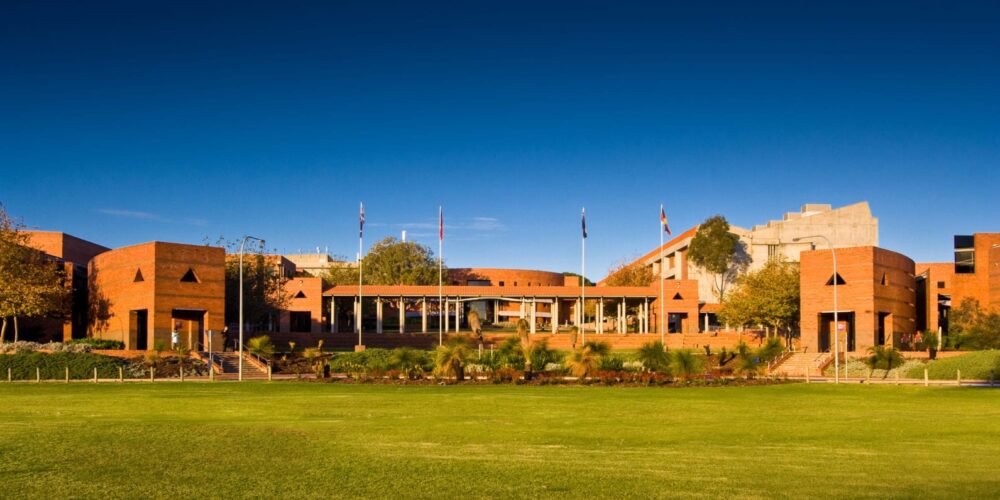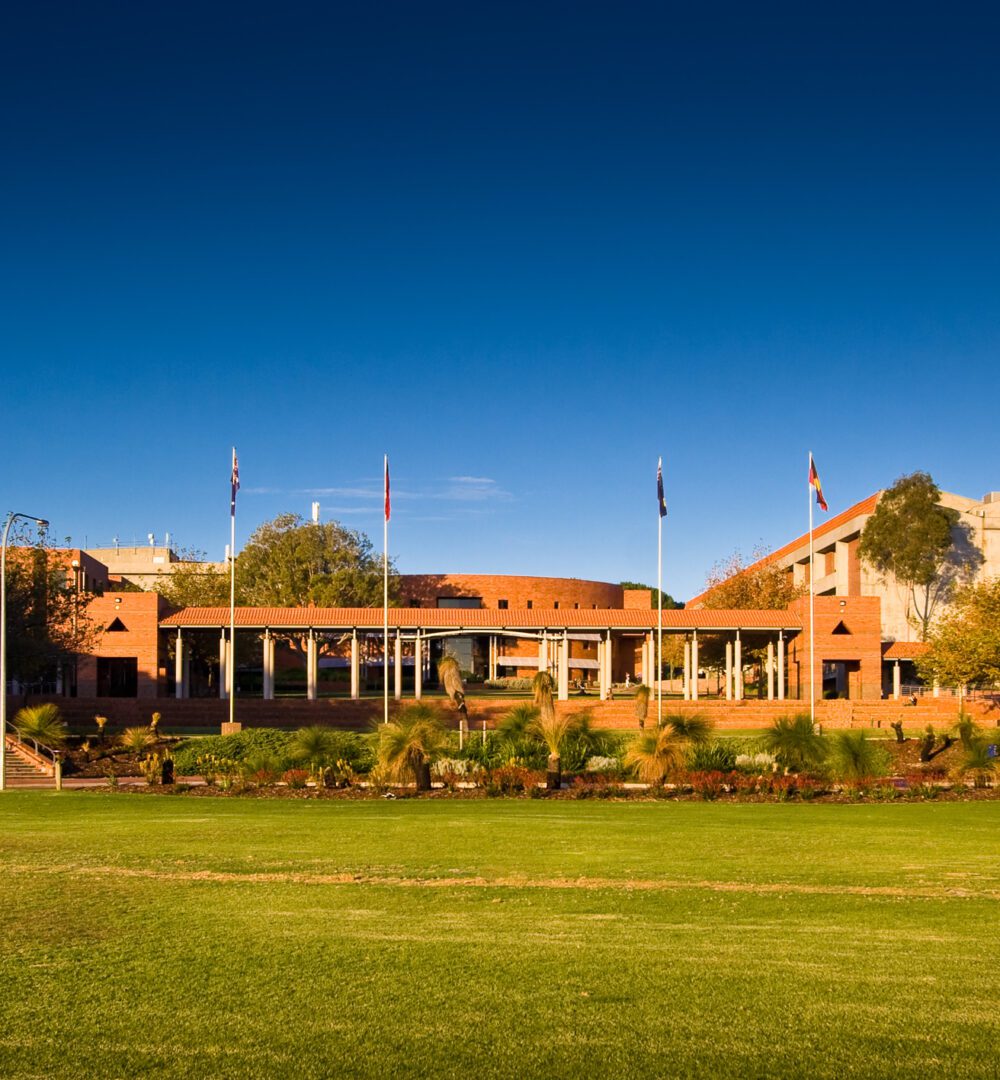Curtin’s high-impact results align with world-class ranked research

Nine of Curtin University’s priority research areas have been ranked as high-impact in the first nation-wide assessment of the engagement of Australia’s higher education sector.
For the first time, the Australian Research Council’s (ARC) Engagement and Impact 2018 Report has assessed how universities translate their research into economic, social, environmental and other impacts.
Curtin’s high-impact research areas included mathematical sciences, physical sciences, earth sciences, environmental sciences, agricultural sciences, information and computing sciences, engineering, medical and health sciences, and studies in human society.
The release of the report follows this week’s Excellence in Research for Australia, which showed Curtin University achieved ratings at or above the world standard in 95 per cent of the research fields assessed.
Curtin University Deputy Vice-Chancellor Research Professor Chris Moran said the engagement and impact report adds another important dimension of assessment to that of the University’s strengths outlined in the Excellence in Research for Australia results.
“Curtin University is committed to research that makes a real-world difference to people, communities, and industries, and these results show Curtin’s high-impact research was also rated at or above the world standard in the latest Excellence in Research for Australia results,” Professor Moran said.
“The University’s high-impact research ranges from unearthing the secrets of the solar system through the work of the Desert Fireball Network and creating efficiencies in the LNG sector, to supporting asylum seekers, new wound education programs for clinicians and water recycling initiatives.”
The report also highlighted the significance of the Wirlomin Noongar Language and Stories Project, which is sharing the collective memories of Western Australia’s Noongar people with the rest of the world.
“One of the University’s most exciting high-impact stories also includes the live-monitoring security surveillance system, named iCetana, developed by Curtin University researchers, which has been commercialised and deployed to 10 different countries,” Professor Moran said.
For more information about the ARC’s Engagement and Impact 2018 Report, visit here.



